TikTok Ban, Copyright Infringement, AI and More
The latest Entertainment Law Update Podcast with music lawyer Tamera Bennett and film attorney Gordon Firemark covers the Supreme Court’s ruling on the TikTok ban; major musical compositions, films, books and sound recordings entering the public domain; M. Night Shyamalan’s copyright victory; the latest in AI copyright disputes; and much more.
SCOTUS Rules on TikTok Ban
The Supreme Court ruled on January 17, 2025 that Congress can force Chinese-owned TikTok to cease U.S. operations, rejecting claims that the ban violates First Amendment rights.
The decision upholds the Protecting Americans from Foreign Adversary Controlled Applications Act, passed in April 2024, which requires TikTok and other Chinese-owned software companies to either sell to non-Chinese owners or stop operating in the United States. The Court found that while the law affects speech, it does so indirectly and in a content-neutral way by targeting the platform rather than specific messages. This determination allowed the Court to apply intermediate rather than strict scrutiny in its constitutional analysis.
The immediate impact of the decision was mitigated when President Trump issued an executive order postponing enforcement of the law for 75 days from January 20, 2025. Currently, both the Apple App Store and Google Play Store no longer allow you to download the TikTok app in the United States. If you already have the app, you may continue to use the app in the U.S.
Public Domain Day 2025
On January 1, 2025, thousands of copyrighted works from 1929 entered the public domain in the United States, along with sound recordings first published in 1924. Here’s a handful of works that are no longer protected by copyright in the United States. Literature: "A Farewell to Arms" by Ernest Hemingway; Film: "Blackmail" directed by Alfred Hitchcock; Musical Composition: "Singin' in the Rain" by Arthur Freed and Nacio Herb Brown; Comics and Characters: Popeye the Sailor Man; Sound Recording: Bessie Smith – performing "Downhearted Blues" and Paul Whiteman and His Orchestra – performing "Rhapsody in Blue" (with George Gershwin).
AI Corner
ANTHROPIC PBC and major music publishers including Universal Music Group, Concord Music Group, and ABKCO reached a deal requiring Anthropic to maintain guardrails preventing its Claude (AI) chatbot from reproducing or creating derivative works of copyrighted lyrics. The lawsuit, filed in October 2023, accused Anthropic of infringing copyrights by training its AI on lyrics from at least 500 songs by artists including Katy Perry, the Rolling Stones, and Beyoncé.
A Minnesota court denied a preliminary injunction against the state's anti-deepfakes law in the case of Kohls v. Ellison, ruling that clearly labeled parody content remains protected speech. The law, Minnesota Statute 609.771, restricts dissemination of deepfakes intended to injure political candidates or influence elections.
These cases and much more on this Episode of Entertainment Law Update with inherited copyright lawyer Tamera Bennett and film, TV, and podcast lawyer Gordon Firemark.
Attorney Tamera H. Bennett joined the law firm of Harper & Bates LLP as a partner in January 2025. The opinions expressed on this website and on the Entertainment Law Update Podcast are her own.


